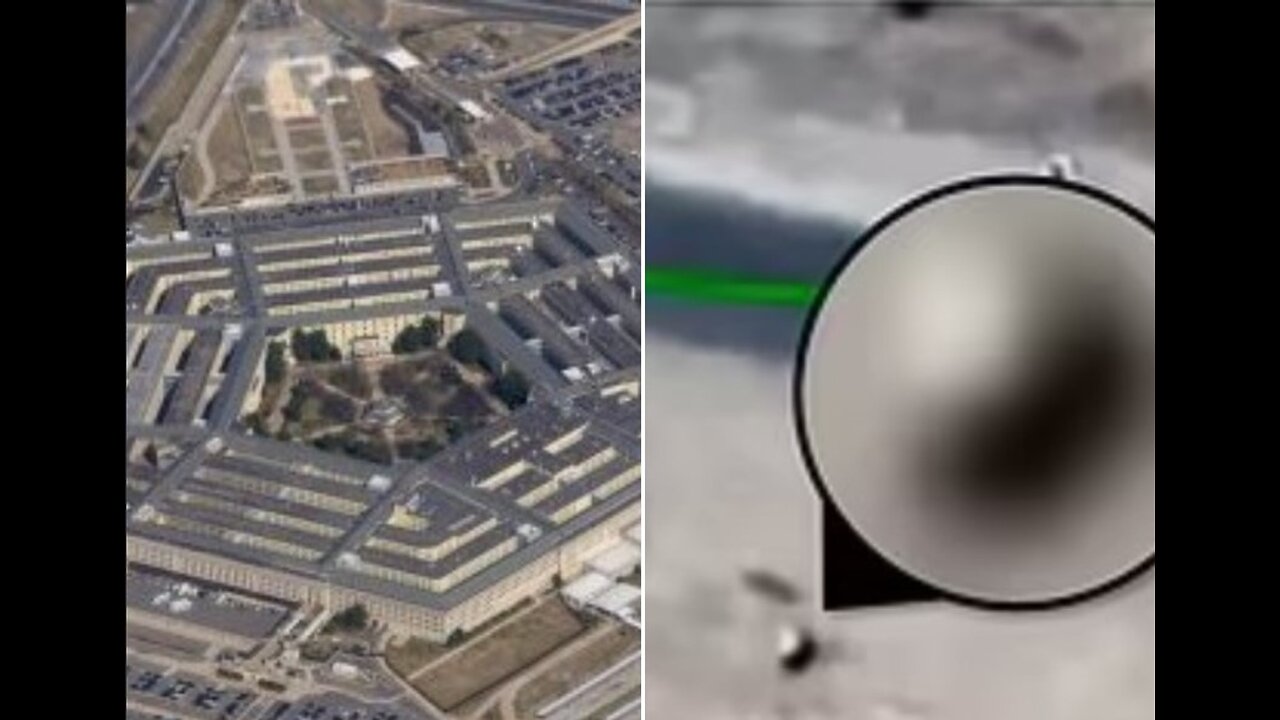Premium Only Content

Denial - Not Just a River in Egypt
Take-home points
Denial is defined as a cognitive and emotional process by which a person avoids facing aspects of reality, especially when it is difficult to assimilate the details of reality into one’s current thinking.
Arguably, denial is a coping or defense mechanism meant to address the tension that arises from trying to change an individual’s current way of thinking and understanding of reality.
Another form of denial is choosing to focus only on one’s perception of reality and struggling to see the other side of an argument. We can see this form of denial play out in COVID-19 pandemic denial and in certain political narratives.
Denial in its most potent form causes individuals to disconnect from any conversation around the salient topic, which can make denial even worse.
Summary
Denial can be adaptive in its role of protecting a person's psyche. When the midbrain and limbic system are activated, the frontal lobe needs time to process and integrate the information. For example, people will deny the presence of an event they regret or fear until they have enough emotional capacity to integrate new facts into their current model of reality.
Yet, denial can be harmful when there are “side effects.” The classic example of pathologic denial is an individual who has experienced trauma, and through continued denial of its impact and poor integration of the event, starts to experience somatic symptoms. Dr. Rosmarin says the problem with denial is that people who are experiencing denial are often the last to recognize their need for treatment or an intervention.
Dr. Rosmarin discusses how, with certain topics, we must value and preserve relationships over persuading certain social contacts, such as family and friends, to overcome their denial. Validating emotions and finding the validity in a person's beliefs and grievances can go a long way toward preserving relationships that are challenged by denial of certain facts.
-
 1:30:30
1:30:30
Game On!
12 hours ago $0.02 earnedTop 5 things you need to know for Sports Christmas!
20.5K1 -
 1:58:10
1:58:10
Robert Gouveia
22 hours agoMatt Gaetz REJECTS Report, Sues Committee; Luigi Fan Club Arrives; Biden Commutes; Festivus Waste
246K194 -
 1:31:40
1:31:40
Adam Does Movies
22 hours agoThe Best & Worst Christmas Movies! - LIVE!
60.1K8 -
 58:10
58:10
Kimberly Guilfoyle
1 day agoAmerica is Back & The Future is Bright: A Year in Review | Ep. 183
164K70 -
 3:03:27
3:03:27
vivafrei
1 day agoEp. 242: Barnes is BACK AGAIN! Trump, Fani, J6, RFK, Chip Roy, USS Liberty AND MORE! Viva & Barnes
241K243 -
 2:05:48
2:05:48
2 MIKES LIVE
5 hours agoTHE MIKE SCHWARTZ SHOW with DR. MICHAEL J SCHWARTZ 12-24-2024
21K1 -
 1:14:17
1:14:17
MTNTOUGH Fitness Lab
1 day agoNavy SEAL Dom Raso: The Cold, Hard Truth About Modern Brotherhood | MTNPOD #96
16.4K3 -
 43:42
43:42
Dad Dojo Podcast
21 hours agoEP14: Every Girl Dad's Biggest Fear and How To Prevent It
11K -
 55:06
55:06
Bek Lover Podcast
14 hours agoWill Trump Pull Off A Miracle? Other Strange News Podcast...
9.42K16 -
 55:53
55:53
PMG
1 day ago $0.01 earned"Hannah Faulkner and Courtney Reed | BEHIND THE LENS OF A TRUMP PHOTOGRAPHER"
7.88K